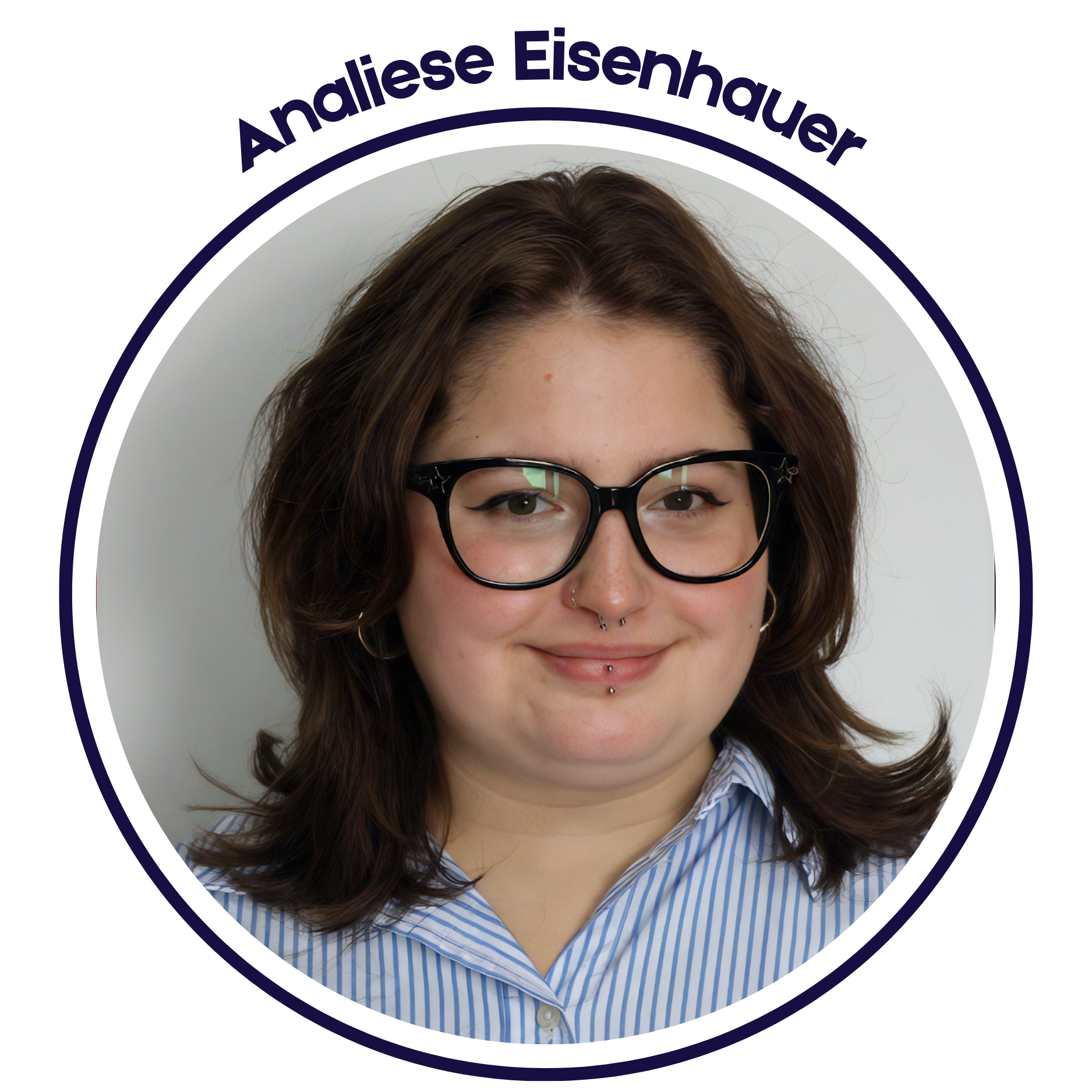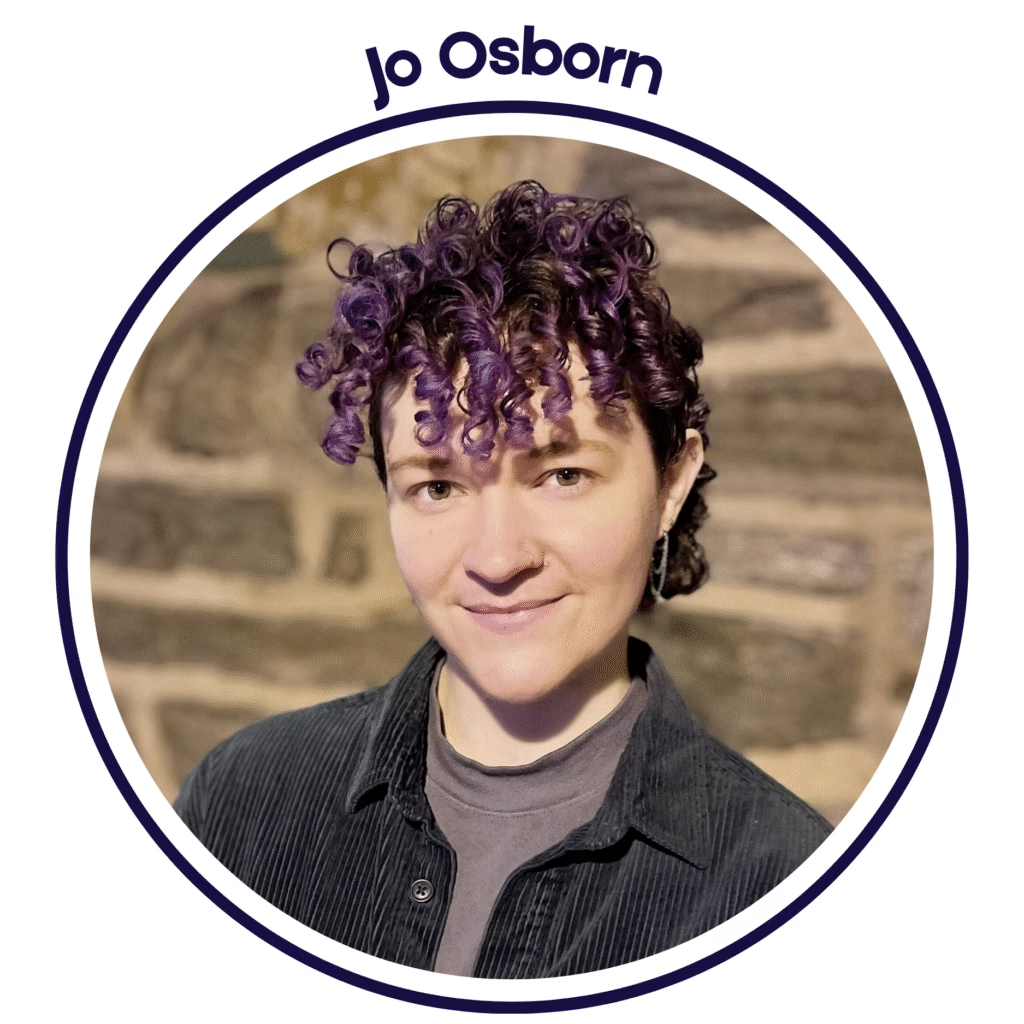The Phoenix Trauma Center’s mission is to provide quality services to our clients and high-quality education for mental health professionals. We invest in training the best experiential trauma therapists in the field. Our internship program enables us to achieve both aspects of our mission while also offering low-cost therapy. Each year, we receive numerous internship applications and carefully select graduate-level interns who possess relevant experience, training, or advanced knowledge related to our work. Our clinical intern team provides lower-cost therapy in Pennsylvania, New Jersey, and Delaware.
* We currently have a waiting list for our sliding scale rates.
Low-Cost Therapy: Frequently Asked Questions
We are out of network with all insurance providers, therefor we do not take insurance. We can provide Superbills for out-of-network benefits, however, we recommend speaking with your insurance provider to discuss your specific requirements for reimbursement.
Learn more about why we are an out-of-network provider and our fee structure.
The full rate for our interns is $95/session. We can offer sliding scale rates in several tiers. Tier 1 is $95, Tier 2 is $75-$90, and Tier 3 is $60-$70. In order to maintain the cost of our intern program while offering accessible rates, we try to balance all three tiers. At times, our lower rates may have a waiting list, as these are the most requested rates.
Our interns are typically with us for 9 months to 15 months. After their internship ends, we will work with you to transfer your care to another member of our intern team.
Our low-cost program is one of our most sought-after programs at The Center. At times, we have a waiting list to be assigned an intern. These wait times depend on intern availability, semester start dates, and our client volume. If you are placed on the waiting list, our Intake Coordinator will reach out to you when we have an intern available for you. In the mean time, we recommend checking out our free, Trauma Recovery Support Group, ever Monday evening.
Our interns are able to provide telehealth to clients residing in Pennsylvania, Delaware, and New Jersey. Due to state licensing laws, we are unable to provide telehealth services to anyone presently in a state where we are not licensed to practice.
Our interns receive regular training and weekly supervision from our director Dr. Scott Giacomucci, DSW, LCSW, BCD, CGP, FAAETS, TEP. Interns also receive weekly supervision from an additional therapist at the Phoenix Center – in addition to supervision provided by their university program (professors and field placement liaison). They participate in regular trainings and professional development to increase their understanding and expertise of trauma. Each of our interns are offered opportunities for training/consultation in EMDR, psychodrama, and Internal Family Systems (IFS). Our interns support our therapists co-leading psychotherapy groups and are engaged in leading their own free or low-cost community groups.
EMDR Training
Our interns take Part 1 and Part 2 of the EMDRI training. Usually, within three months of onboarding, our interns are able to begin incorporating EMDR into sessions, and receive ongoing, bi-weekly EMDR specific supervision, and weekly support from their supervisor. With that in mind, it’s important to understand that interns are learning and practicing, and if you feel you need a higher level of experience, we recommend discussing those options during your intake session.
Our Clinicals Interns are given access to ongoing bi-weekly IFS Group Support from an IFS-Trained, Level 3, Clinician. Many of our interns also participate and take our Psychodrama Workshops, led by Dr. Scott Giacomucci, and many leave with 100+ hours of Psychodrama Training. Several of the therapists on our team that offer somatic therapy, or somatic techniques, provide one-to-one supervision of the clinical interns that have an interest in somatic therapy. Knowing that our interns are still in the beginning phases of their career, many leave our center having more experience in trauma and experiential therapy than many licensed therapists.
Our interns’ schedules vary from intern to intern. Our evening sessions (4:00pm-8:00pm) tend to fill up faster than our day-time hours. Our earliest sessions tend to be 9:00AM, however, we do on occasion have earlier times available. Contact our Intake Coordinator to discuss your schedule and find an intern that fits your availability. Weekend availability is limited.
Meet Our Intern Team
we currently have a waiting list
Schedule an Intake Call to be Added to the Waiting List
Benefits of Working with an Intern
There are many benefits to working with a graduate intern, which includes lower costs, receiving the expertise of multiple supervising therapists, the benefits of ‘beginner’s mind’, increased passion, and up-to-date practice standards. Our friends at Spilove Psychotherapy share more about these benefits.
Low-Cost Therapy Sessions – All of our interns are master’s level students who are nearing the completion of their programs. Their session rates are often half to one-third of the typical session cost. Additionally, all interns can work on a sliding scale basis.
Receiving the Expertise of Multiple Supervising Therapists – All interns receive supervision, training, and support from our experienced therapists and the Center Director. Additionally, they participate in group supervision sessions that focus on EMDR and IFS (Internal Family Systems). Furthermore, they also receive oversight and teaching from multiple professors (and a field placement liaison) during their internship.

Our interns engage in reflection, training, supervision, and ongoing professional development. This means that your intern therapist is spending hours each week reading, writing, reflecting, discussing, and reviewing their work – actively trying to be the best that they can be.
The Benefits of ‘Beginner’s Mind’ – Many of our intern therapists have prior experience in the mental health field, however, they are starting a new chapter in their professional journey. As a result, they aren’t just going through the motions of being a therapist. Instead, they are exploding with curiosity, excitement, passion, and creativity!
Increased Passion and Energy – Interns aren’t weighted down by years of vicarious trauma or burnout that sometimes impact experienced therapists. Rather, intern therapists are bringing new energy, spontaneity, and passion into their work each day. They are excited to begin a new career that they have been preparing for and eager to offer the compassion, connection, and validation that you might be craving.
State-of-the-Art Practice Standards – Graduate students engage in intense learning through reading, discussions, reflection, and supervised practice. Our field is evolving rapidly (especially with new research findings related to trauma and the brain). Every year, therapists must complete 15 hours of continuing education training. This is simply not enough to stay current on all the new findings in the field. Graduate students, however, are learning state-of-the-art practice standards. Intern therapists enter the field while continuing to pursue rigorous studies providing current information about psychotherapy.
To learn more about becoming a client and our rates, please visit: Becoming A Client and Our Fee Structure.













